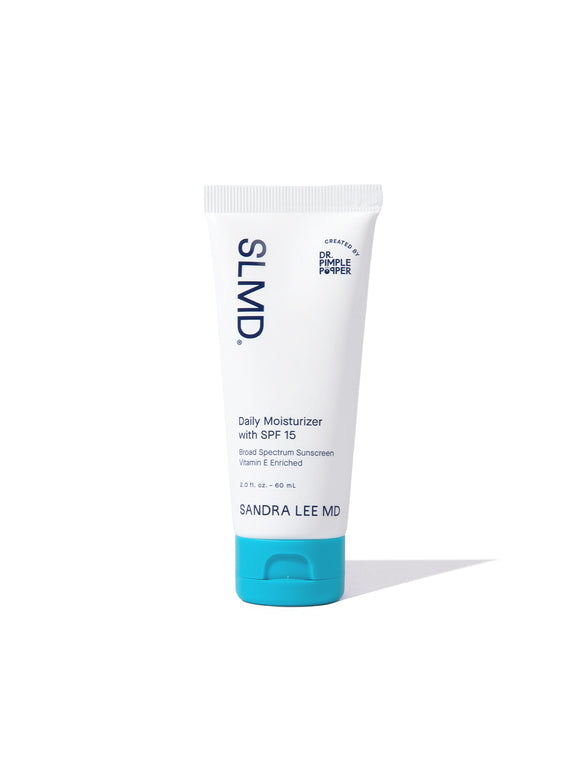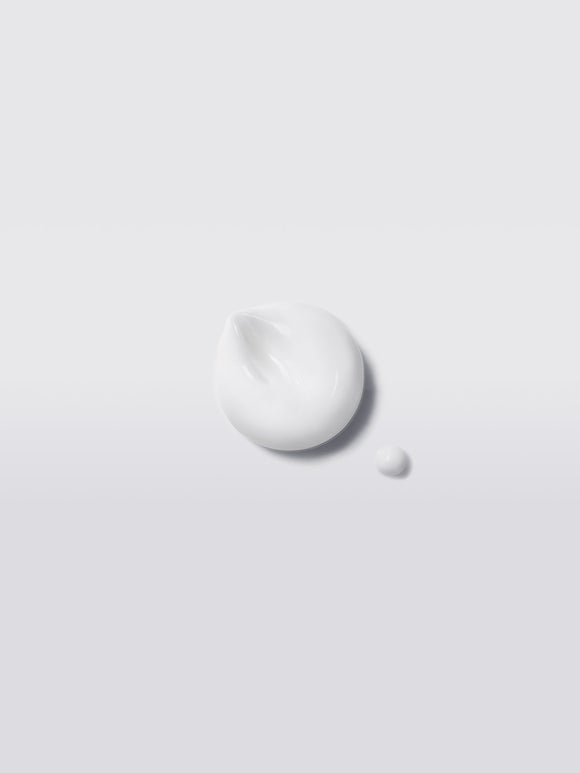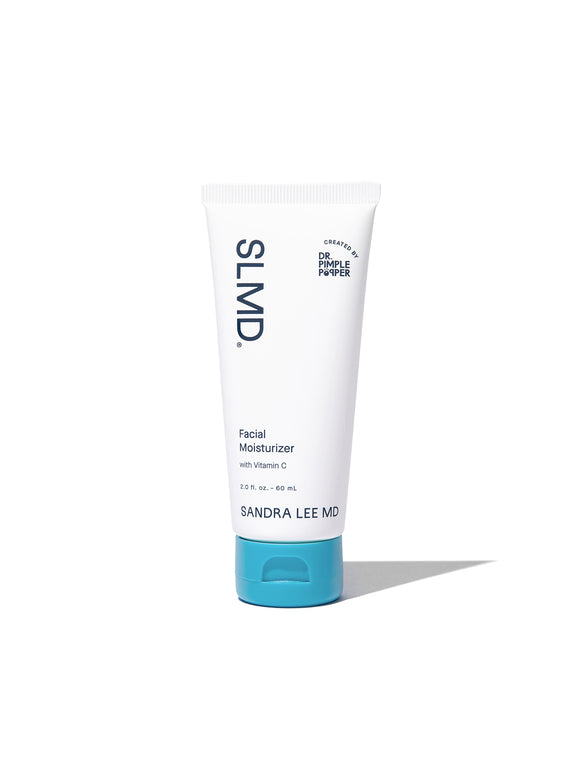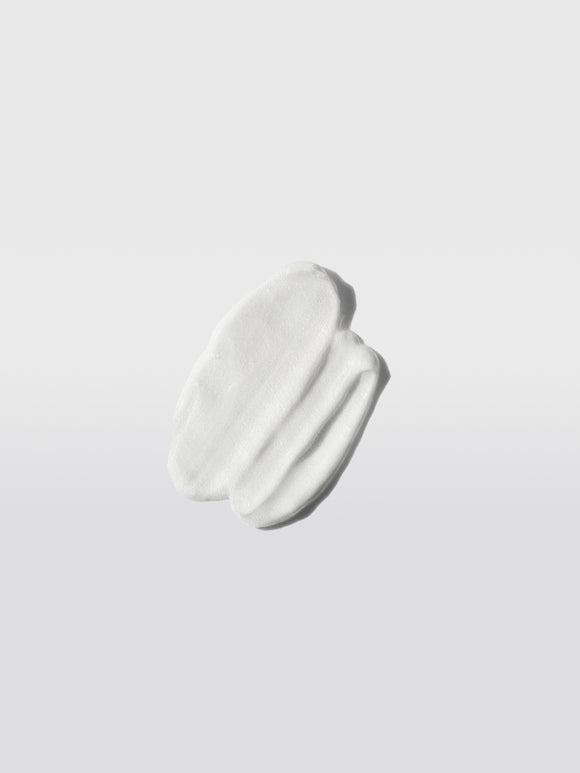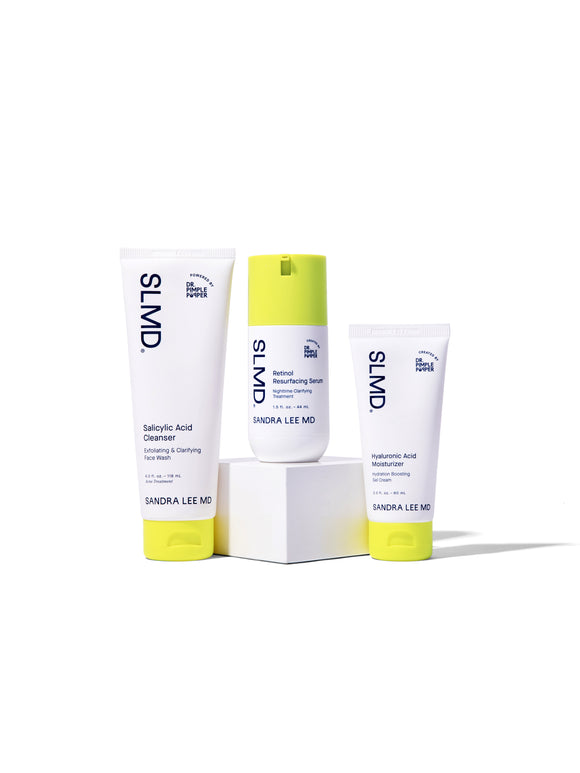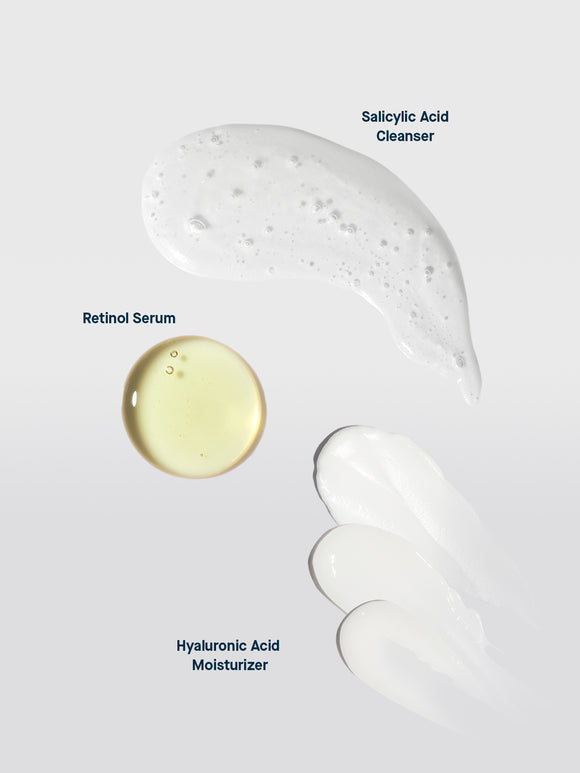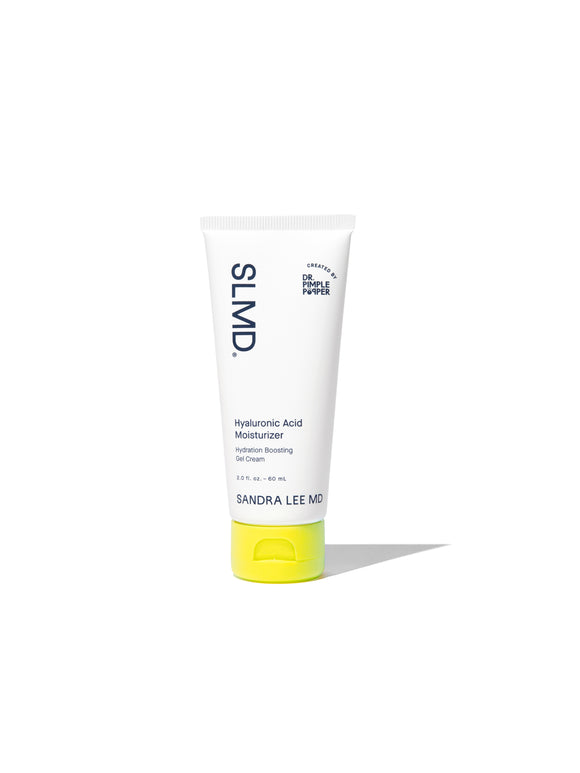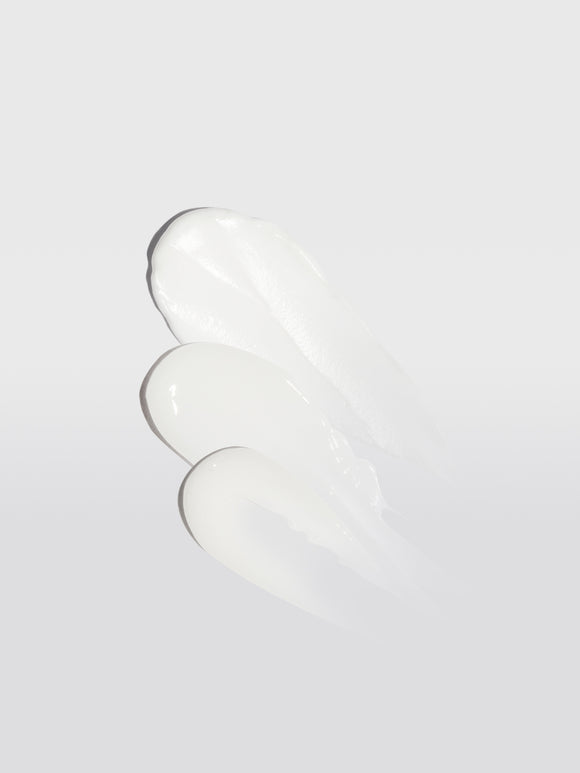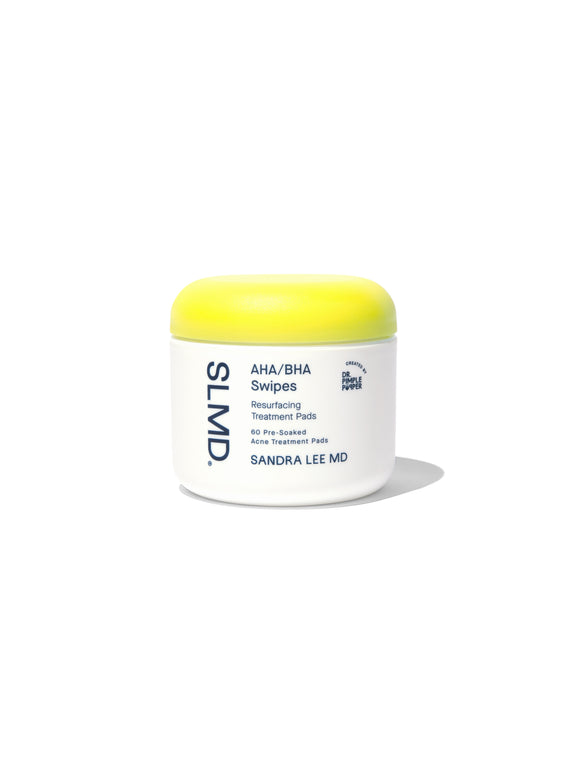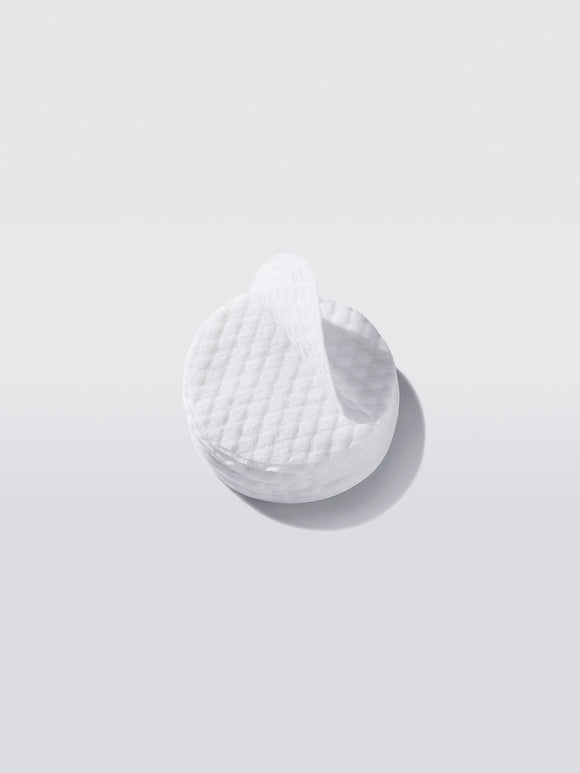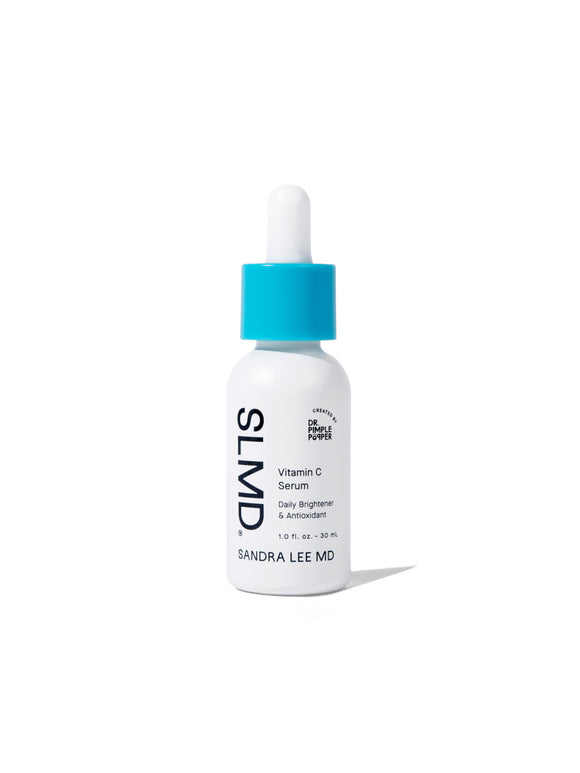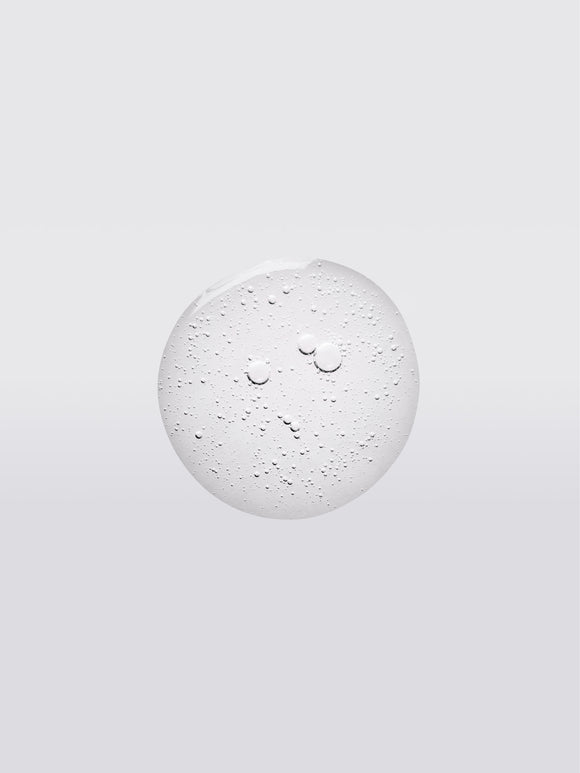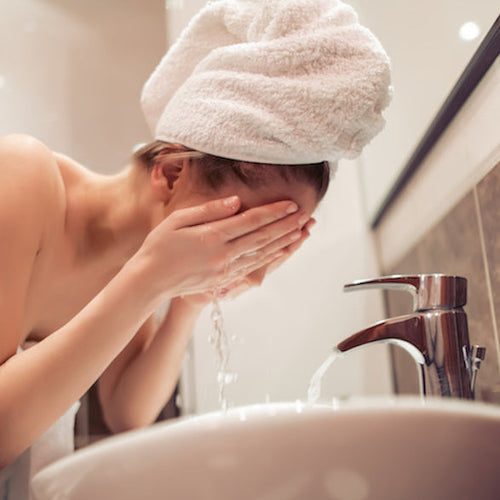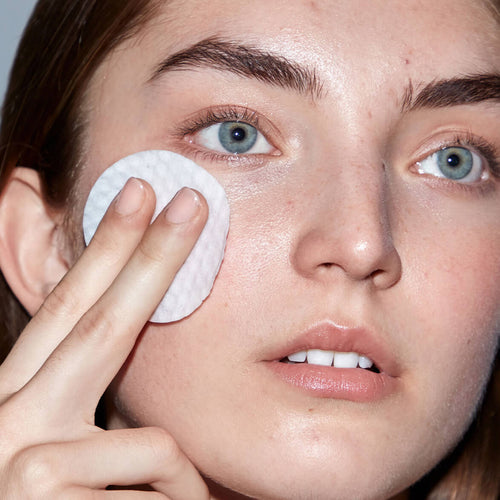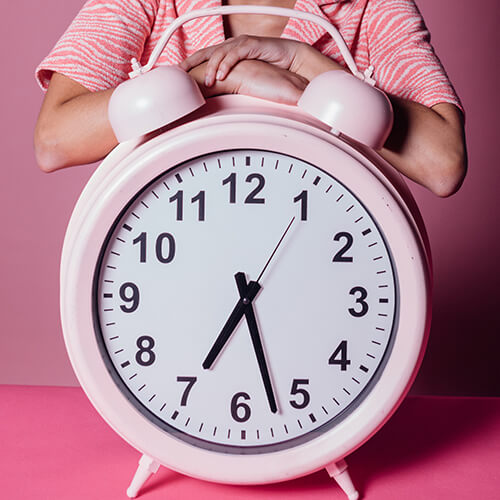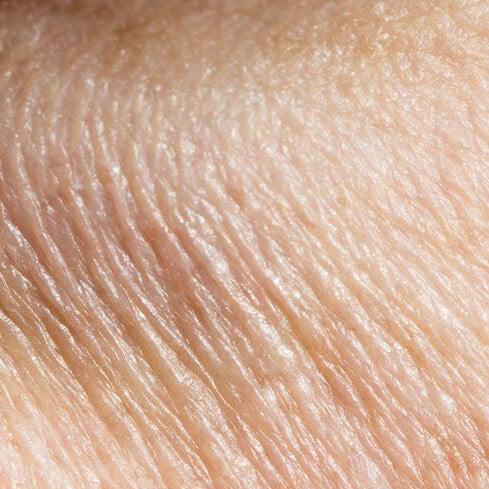
Why Dermatologists Recommend Retinol: The Science Behind the Skincare Staple
Dr. Pimple Popper explains the many benefits of this potent derm darling.
Published:
3 minute read
If you've ever wondered why retinol is a staple in so many dermatologist-recommended skincare routines, you're not alone. Despite its popularity, many of us are still unclear on what makes this ingredient so powerful and versatile. The truth is, retinol isn’t just another trendy ingredient—it has the clinical research to back up all those glowing claims.
In this blog, we’ll dive deep into why retinol is so effective, why dermatologists — like SLMD Skincare founder Sandra Lee, MD (aka Dr. Pimple Popper) swear by it, and how you can incorporate this potent all-star into your skincare regimen.
#1 Retinol has science-backed benefits
Retinol belongs to a class of vitamin A derivatives called retinoids. These compounds have been rigorously studied since the 1940s when researchers first discovered their potential in treating acne. Over time, scientists found that retinoids offer more than just acne relief—they deliver significant anti-aging benefits as well.
Retinol is celebrated for its ability to increase cell turnover, boost collagen production, and diminish the appearance of fine lines, wrinkles, and hyperpigmentation. These proven, science-backed benefits are what make retinol a cornerstone of many effective skincare routines.
#2 Retinol is a dynamic multi-tasker
Retinol is a versatile ingredient that addresses multiple skin concerns simultaneously. Whether you're dealing with acne or aging, retinol's ability to accelerate cell turnover means clearer, smoother, and more youthful-looking skin.
By promoting the shedding of dead skin cells, retinol helps to unclog pores, reduce inflammation, and generate more even-toned skin. This multi-faceted approach is why retinol is considered a go-to solution for a variety of skin issues, from preventing breakouts to combating signs of aging.
Dr. Pimple Popper's Retinol Routines
#3 Retinol is a potent active ingredient
Retinoids come in several forms, each with different bioavailability, meaning how readily your body can use the substance. To understand retinoid potency, a quick biochemistry lesson helps: once absorbed into the skin, vitamin A derivatives bind to receptors called RARs and change how skin cells behave. Before they can do that, your body must convert them into retinoic acid.
The fewer steps your body takes to convert a retinoid into retinoic acid, the more bioavailable and potent it is. This is why prescription tretinoin (retinoic acid, requiring no conversion) is more potent than over-the-counter retinol, which needs a couple of chemical reactions before it becomes available to bind to cell receptors. However, retinol is still highly effective—it just takes a bit longer to do its job.
#4 Retinol is gentle enough for most skin types
The fact that retinol is not as strong as prescription retinoids means that it is better tolerated by a wider variety of skin types. What’s more, in recent years, cosmetic chemists have figured out how to make retinol formulas time-released: which means that the ingredient’s absorption happens more gradually, making it gentler on the skin.
An important point to consider: no matter what strength retinoid you choose, chances are you’ll experience an initiation period. Redness, irritation, and flakiness (aka the “retinol uglies”) are all common side effects, but they should subside within the first couple of months. Start slowly, and scale back if you don’t see improvement over time.
#5 Retinol pairs perfectly with other active ingredients
One of retinol’s greatest strengths is its ability to work synergistically with other potent skincare ingredients. Despite common misconceptions, retinol can be combined effectively with alpha and beta hydroxy acids, antioxidants, and hydrating agents to enhance its benefits and address a wider range of skin concerns.
Here are some of Dr. Lee’s top ingredients to pair with retinol:
- Salicylic acid: Clears pores and enhances retinol's effectiveness in treating acne. Try using SLMD Salicylic Acid Cleanser before applying Retinol Resurfacing Serum.
- Glycolic acid: Boosts exfoliation and brightens the skin, complementing retinol’s cell turnover properties. Try SLMD AHA/BHA Swipes, with three types of exfoliants to slough away buildup.
- Hyaluronic acid: Hydrates the skin, minimizing the potential dryness or irritation caused by retinol. Try sandwiching your Retinol Resurfacing Serum between a layer or two of Hyaluronic Acid Serum to soothe and moisturize skin.
- Antioxidants: Work with retinol to combat free radicals and further protect the skin from damage. Try adding SLMD Vitamin C Serum to your morning routine.

Dr. Lee's Last Word
I have been using retinoids in my practice for many years. We dermatologists really consider them the gold standard for treating both acne and signs of aging. Besides using sunscreen, there is really nothing more effective for keeping skin looking youthful, longer. And certainly no ingredient that’s been shown to be as effective for reversing some of those signs of premature aging.





